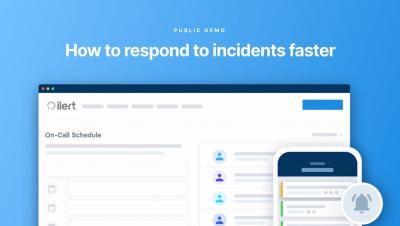The Critical Role of Intrusion Prevention Systems in Network Security
An Intrusion Prevention System (IPS) is a network security and threat prevention tool. Its goal is to create a proactive approach to cybersecurity, making it possible to identify potential threats and respond quickly. IPS can inspect network traffic, detect malware and prevent exploits. IPS is used to identify malicious activity, log detected threats, report detected threats, and take precautions to prevent threats from harming users.











